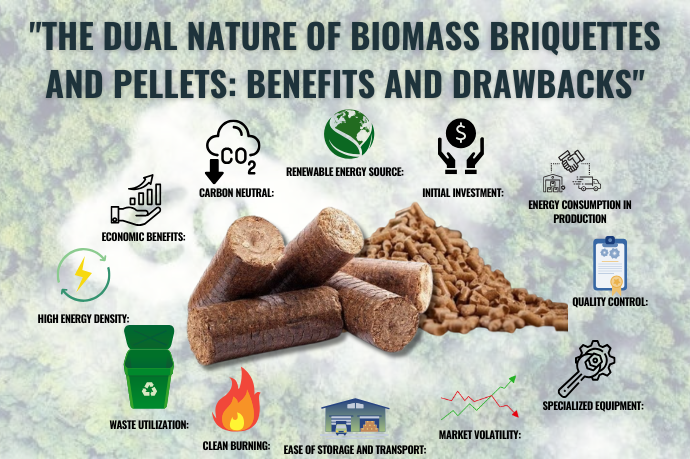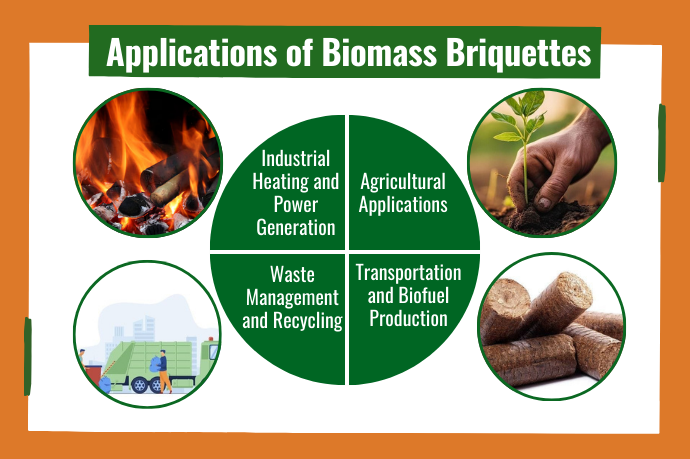Biomass Fuels: A Greener Alternative to Fossil Fuels
In today's world, the urgent need for sustainable energy sources has become increasingly apparent. Fossil fuels, such as coal, oil, and natural gas, have been the primary energy sources But their use has led to significant environmental problems like climate change, air pollution, and water contamination. As a result, there is a growing interest in renewable energy alternatives. One such option that holds immense potential is biomass fuels.
What are Biomass Fuels?
Biomass fuels are derived from organic materials, such as plants, trees, and agricultural waste. These materials can be converted into various forms of energy.
Biomass fuels offer several advantages over fossil fuels:
-
1. Reduced Greenhouse Gas Emissions: When biomass fuels are burned, they release carbon dioxide into the atmosphere. However, the carbon captured by the plants during their growth is often offsetting, making biomass fuels carbon neutral or even carbon negative.
-
2. Improved Air Quality: Biomass fuels generally produce fewer harmful emissions.
-
3. Energy Independence: By relying on biomass fuels, we can reduce dependence on oil and gas, enhancing energy security.
-
4. Economic Benefits: The production and use of biomass fuels can create jobs and stimulate local economies.
Conclusion
Biomass fuels offer a compelling alternative to fossil fuels, providing renewable energy that can help mitigate climate change, reduce waste, and promote economic development. While challenges exist, the potential benefits of biomass make it an important part of the transition to a more sustainable energy future. By investing in biomass technology and sustainable practices, we can harness the power of organic materials to create a cleaner, greener world.




















